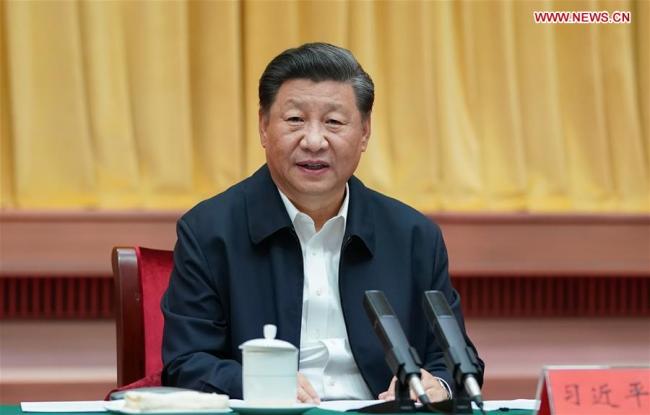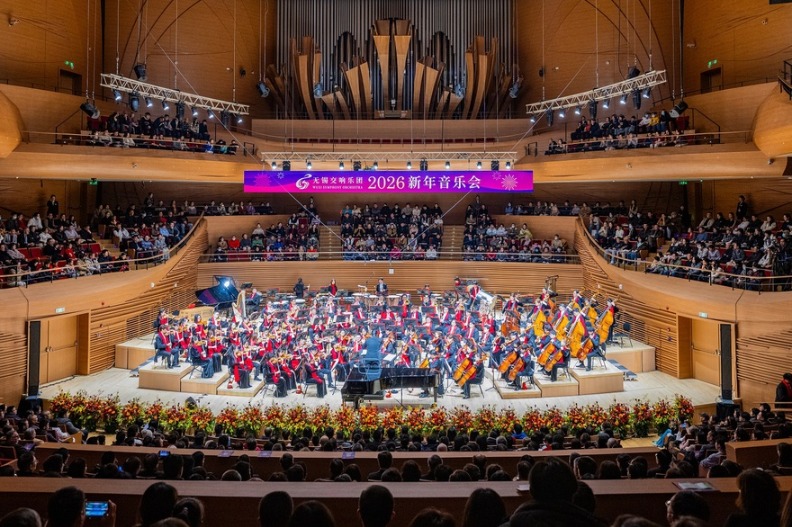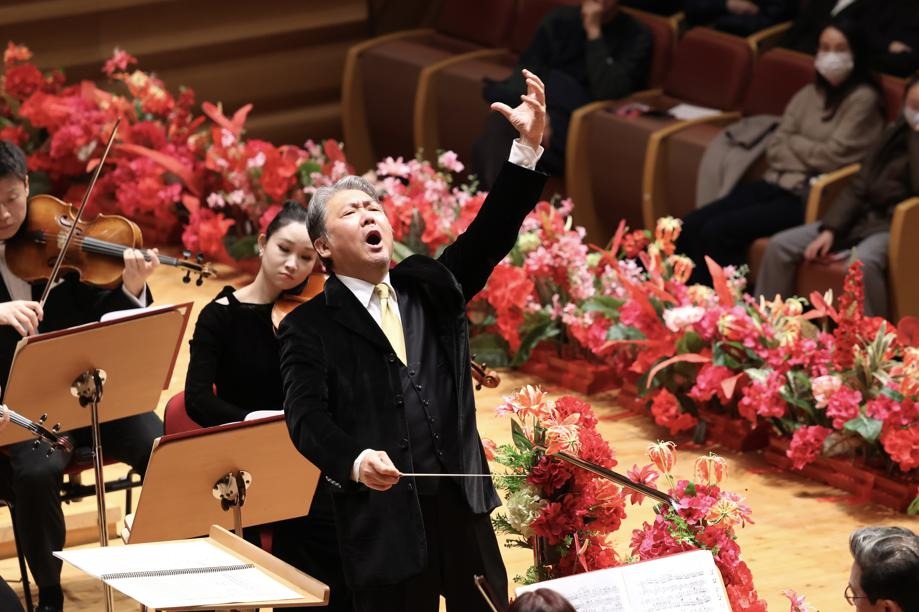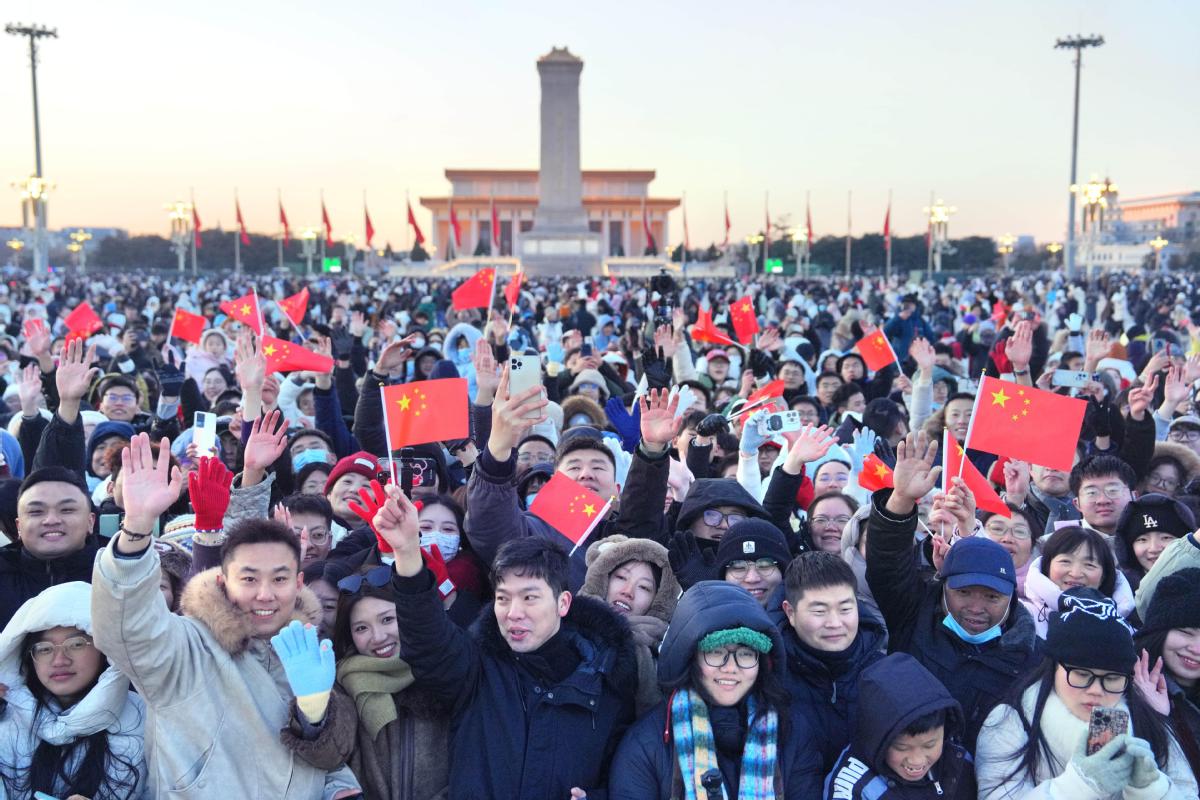Xi Focus: Advancing people's democracy in China


BEIJING - A special symposium hosted by President Xi Jinping 10 months ago has remained an inspiring experience for Pan Jiuren, a deputy headmaster of a primary school in Central China's Hunan province.
Pan, a rural teacher for 28 years, raised several problems facing rural education, including the shortage of teachers, particularly well-trained ones, at the symposium held on Sept 17, 2020, in the provincial capital Changsha.
"General Secretary [Xi] listened attentively when we raised the problems. Even now when I recall the meeting, it induces a feeling of warmth," Pan told Xinhua.
Xi, also general secretary of the Communist Party of China (CPC) Central Committee, summoned the meeting to solicit ideas from people at the grassroots for the 14th five-year plan (2021-2025) on the country's economic and social development, which was being drafted then.
From July to September in 2020, he hosted seven such symposiums, meeting ordinary citizens from various walks of life, including migrant workers, farmers, truck drivers and restaurant owners.
Ordinary people also contributed their wisdom to the drafting through more than 1 million comments online in August last year.
It has been one of the many examples of how the CPC Central Committee, with Xi at its core, tried to make the people's democracy sounder, more extensive and adequate.
"The very purpose of the CPC's leadership of the people in developing people's democracy is to guarantee and support their position as masters of the country," Xi said at a key gathering in 2014.
Whole-process democracy
Liu Zhengdong, senior partner of the Shanghai-based MHP Law Firm, still has fresh memories from the day when Xi visited the Gubei civic center in the city's Changning district on Nov 2, 2019.
"We were having a heated discussion about a draft law," Liu recalled.
The civic center is one of the community-level contact stations set up by the Standing Committee of the National People's Congress (NPC). Draft laws are sent down here so that ordinary citizens can discuss and have their opinions heard by lawmakers.
Over 1,300 opinions were collected through these offices last year, contributing to 16 pieces of legislation, said Tong Weidong, a legislative official with the NPC Standing Committee.
"People's democracy is a type of whole-process democracy. All major legislative decisions are made through due procedure and after democratic deliberation. It is a scientific and democratic decision-making process," Xi said.
The compilation of the Civil Code is a vivid epitome of "open-door legislation" and democratic legislation.
During the compilation process, the NPC Standing Committee deliberated the draft 10 times, solicited 10 rounds of public opinion, and organized three sessions for NPC deputies to discuss the draft. At the NPC annual session in 2020, over 100 amendments were made in light of opinions from various parties.
Xi chaired three high-level Party meetings from 2016 to 2019 to hear the reports on the compilation of the code and gave important instructions.
The NPC, China's national legislature, has displayed a broad representation of the people. Among the nearly 3,000 deputies to the 13th NPC, 15.7 percent are workers and farmers, up 2.28 percentage points over that of the 12th NPC.
At the 2021 NPC annual session, the deputies put forward 473 motions and nearly 9,000 proposals and opinions.
People's creative vitality
On Feb 1, 2019, when Xi walked into a "courtyard meeting hall" in a neighborhood of downtown Beijing, community workers and resident representatives were having a talk on renovating courtyards in hutongs, Beijing's traditional alleys.
Xi joined the discussion, hailing the courtyard meetings as a mechanism that enabled community members to discuss and decide their own affairs.
It is conducive to enhancing a sense of belongingness and ownership among the residents, as well as improving the precision and refinement of community governance and services, he said.
In order to better manage community affairs, provide services and help people decide their own affairs, sophisticated and willing residents were elected to participate in community governance.
Currently Beijing has more than 3,100 such courtyard meeting halls. Two downtown districts -- Dongcheng and Xicheng -- have seen thousands of elected residents running community affairs.
The "courtyard meeting hall" in Beijing has several similar models in other parts of the country, for instance, "a village chat booth" in east China's Zhejiang Province. These effective mechanisms have empowered ordinary people and served as a pillar of China's people's democracy.
The essence of the people's democracy is that people get to discuss their own affairs to reach the greatest common ground based on the wishes and needs of the entire society, Xi said.
Laurence J. Brahm, a senior international fellow at the Center for China and Globalization, said Chinese democracy is different from that in the West.
"It is a system of consensus-building. It is quiet, and in many ways, like Tai Chi," said Brahm.



































